Unmasking the Hidden Dental Threat: What Every Cat Owner Should Know About Resorptive Lesions
At Lebanon Animal Hospital in Lebanon, Tennessee, we understand that the health of your cat is of utmost importance. Resorptive lesions, a common yet often overlooked dental condition in cats, deserve special attention for their impact on feline health. As your trusted local resource for pet care, we’re here to provide insights and solutions for this significant issue.
What are Resorptive Lesions?
Resorptive lesions in cats are akin to cavities in humans but are notably different in their manifestation and impact. These lesions result in the progressive destruction of a cat’s tooth structure, starting typically at the root before advancing to other areas. Surprisingly prevalent, studies suggest that over 30% of cats aged three years and older will suffer from at least one resorptive lesion during their lifetime.
Causes and Risk Factors
The exact cause of resorptive lesions in cats remains under investigation, but several factors are believed to contribute. These include genetic predispositions, with some cat breeds showing a higher incidence than others. Age is a significant factor, as older cats are more commonly affected. Dietary influences, particularly the type of food and feeding habits, also play a role in the development of these painful lesions.
Recognizing Symptoms of Resorptive Lesions in Cats
Detecting resorptive lesions early can be challenging, as cats often do not show obvious signs until the condition is advanced. However, symptoms to watch for include:
- Decreased appetite or difficulty eating
- Visible discomfort while chewing
- Drooling, which may be blood-tinged
- Bad breath
- Pawing at the mouth or face
Regular dental checks are crucial for early detection. We encourage you to visit our dental care services page to learn more about how we can help.
Diagnosis and Importance of Veterinary Care
Diagnosing resorptive lesions involves a thorough dental examination, often under anesthesia, to assess the full extent of the dental disease. At Lebanon Animal Hospital, our experienced veterinarians utilize advanced imaging techniques to accurately diagnose and assess the progression of dental issues in cats.
Timely and professional veterinary care is crucial not only for the treatment but also for the relief of pain that your cat may be experiencing due to this condition.
Treatment Options and Recovery
Treatment for resorptive lesions typically involves the removal of the affected tooth or teeth, as the damage is irreversible. In some cases, medical management may be necessary to control pain and inflammation. Post-treatment, most cats recover well and can continue to live a happy, healthy life with proper care and regular check-ups.
For those preparing for a procedure, please review our surgery consent form to understand the process and care involved.
Prevention of Resorptive Lesions

While not all resorptive lesions can be prevented, regular dental care plays a critical role in reducing the risk of dental diseases in cats. At Lebanon Animal Hospital, we emphasize the importance of routine check-ups and professional cleanings to prevent disease, which you can learn more about on our blof about Common Dental Conditions.
Resorptive lesions in cats are a serious dental issue that requires attentive care and early intervention. At Lebanon Animal Hospital, we are committed to providing the highest quality care to ensure your cat’s health and comfort. If you suspect your cat might be suffering from resorptive lesions or if it’s time for their routine dental check-up, do not hesitate to request an appointment.
Understanding and addressing resorptive lesions early can make a significant difference in your cat’s quality of life. Trust Lebanon Animal Hospital to provide the care your cat needs with the compassion and professionalism you expect.


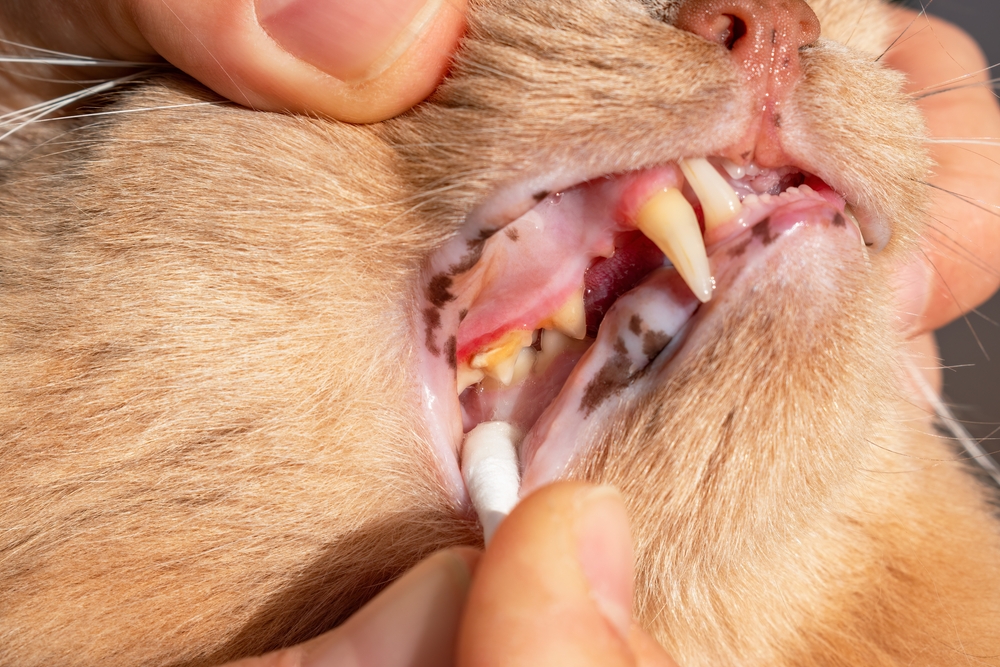
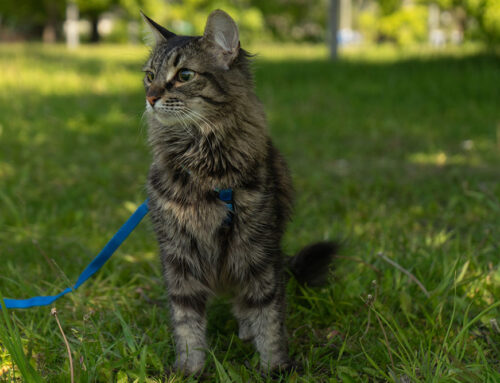
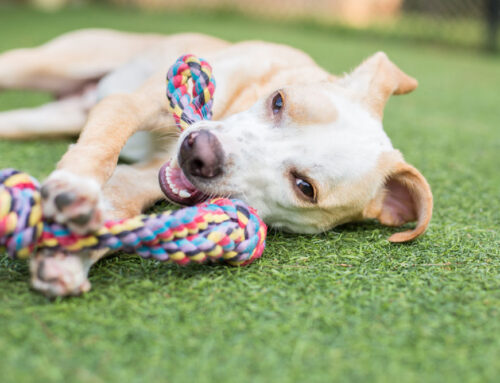
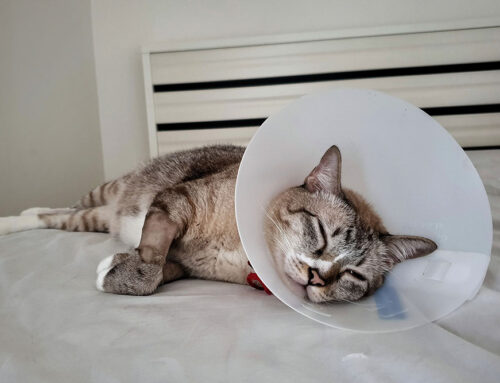
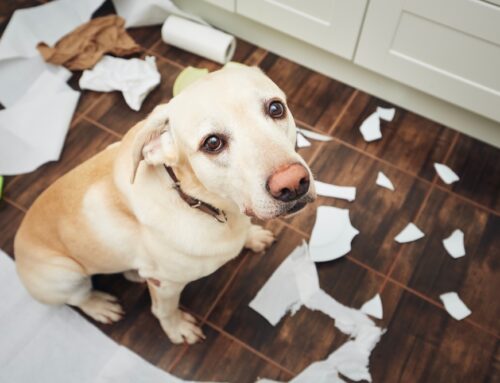
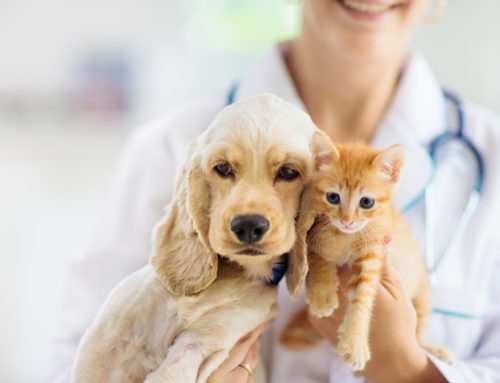
Leave A Comment